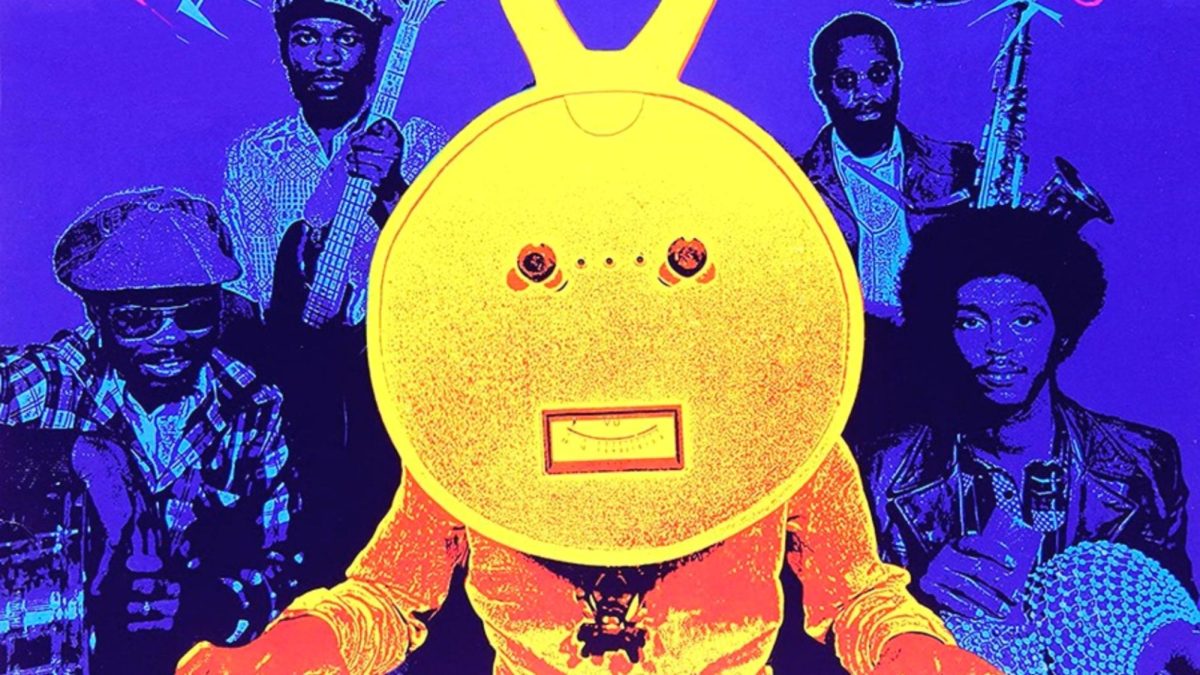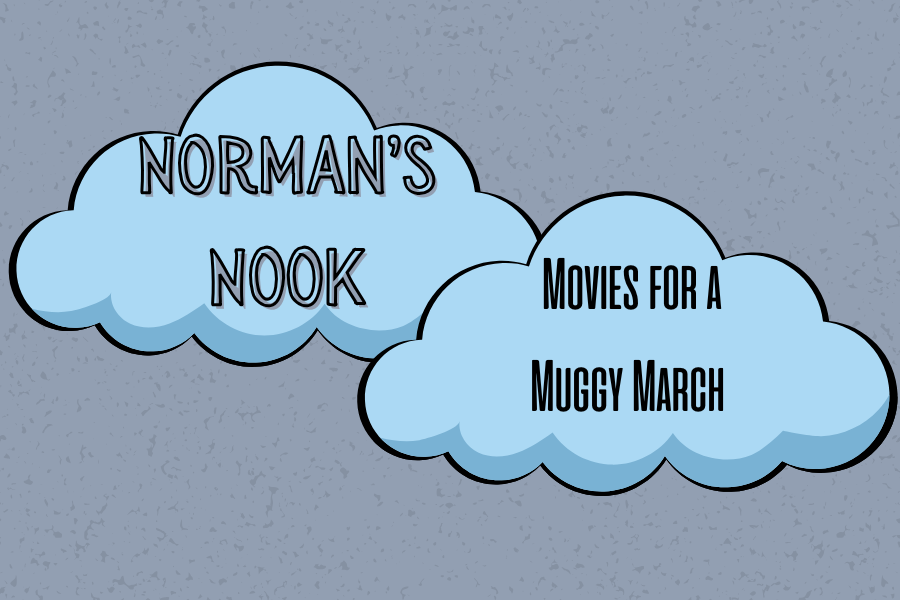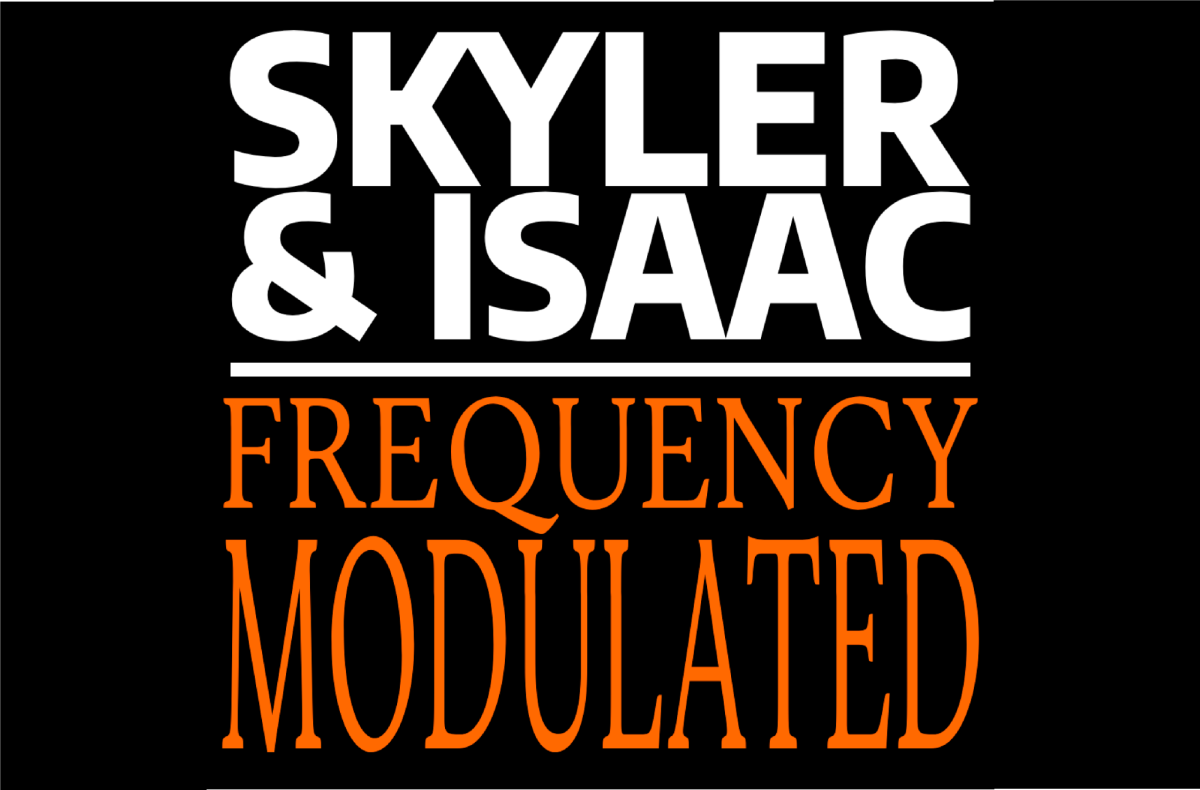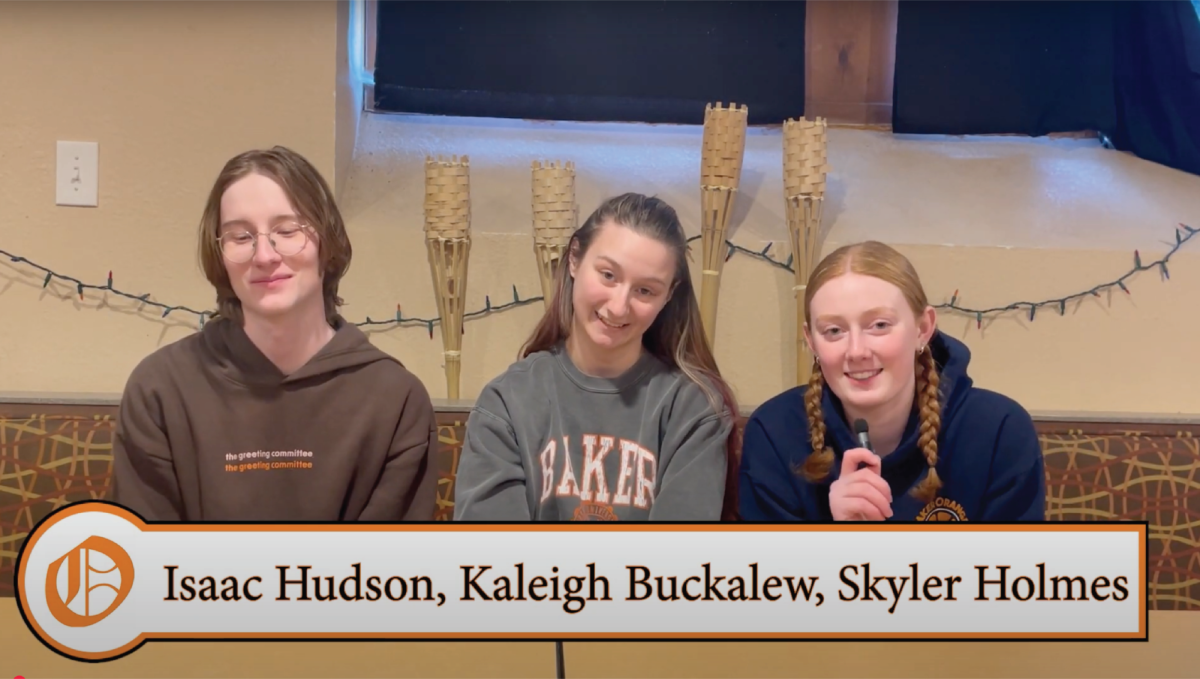More than half a century after its release, Herbie Hancock’s “Head Hunters” continues to sound like nothing you’ve heard before. Following his two-year experimentation with avant-garde jazz in the forms of the albums “Mwandishi” (1971), “Crossings” (1972) and “Sextant” (1973), Hancock reunites with woodwind player Bennie Maupin, while joining new members: bassist Paul Jackson, percussionist Bill Summers and drummer Harvey Mason. With “Head Hunters”, Hancock injects a healthy dosage of funk into these newly acquired sounds, creating a unique sonic environment for the album unlike any other.
Opening with the electrifying “Chameleon’s” groovy bass line, Hancock slowly builds upon the rhythm for twelve minutes, until finally his powerful three-minute conclusion begins, combining improvised keyboard with strings and electronic synthesizers, as well as reiterating on the melodies he began the piece with. Easily one of his most impressively composed pieces, Hancock starts the album off strong.
Next, with perhaps one of Hancock’s most recognizable songs, “Watermelon Man” is performed with a rendition far different from its original release in 1962. It opens with nearly atonal sounding flutes (which are really beer bottles played by Summers) playing a (seemingly) unsingable duet, until a delicate guitar begins voicing the first semblance of a melody. Then, the keyboard, bass, wind section and drums all come together to create a groovy, low-key energy throughout, not to mention one of the most iconic melodies in jazz being played by the alto saxophone. Safe to say, not only does Hancock still ‘got it’ after ten years, but he also continues to innovate his commonly known works in unique and profound ways.
The third track “Sly” lives up to its name, with Hancock and saxophonist Maupin (on the soprano) playing coolly along with the ensemble’s hits, until the two-minute mark, at which point everything stops completely, then continues, much faster. Non-jazz listeners may have trouble bearing through the more frantic solos from this cut, but for those with an ear for it, the groove is insatiable. And, with the final track, “Vein Melter”, Hancock coolly plays his audience out with a slow burner, having electronic instrumentation and strings throughout, while progressively increasing in volume and energy, until finally, unlike in the album’s opening track, Hancock eases back, with the ensemble slowly fading in the song’s final minute.
“Head Hunters” is a trip, taking listeners on a fusion-filled journey with plenty of sights to enjoy, despite its short track listing. Herbie Hancock created a classic album in 1973, and in 51 years, its lost none of its charm.









